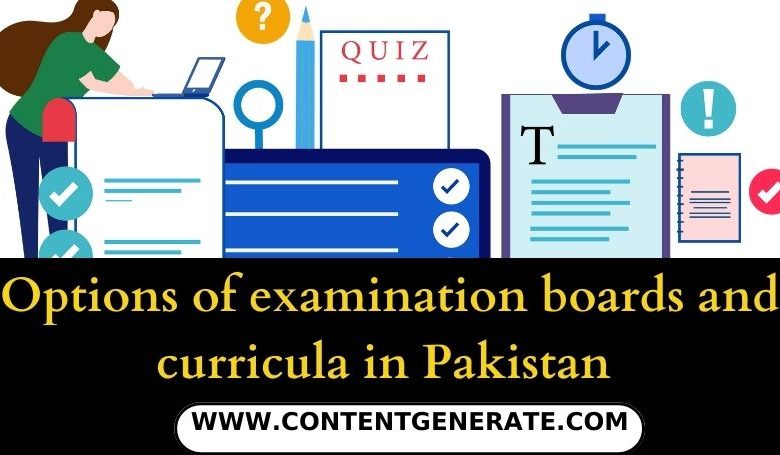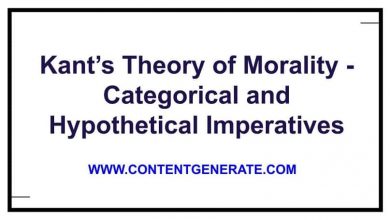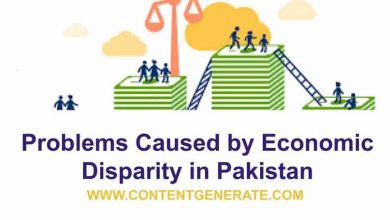
This article discusses different examination boards and the curricula they offer in Pakistan for students at different levels.
Contents
What are examination boards?
Examination boards are third-party organizations that develop and administer high-stakes achievement tests to provide academic qualifications across educational levels.
Examination boards and curricula in Pakistan
A number of examination boards are available with varying curricula both in the private and public sectors in Pakistan for students and schools to affiliate with. They are of two categories, i.e. national examination boards, and international examination boards. The former develop and administer students’ academic assessments in alignment with the national curriculum. On the other hand, the later category have their own curriculum and assessment procedures across the world.
The majority of parents in Pakistan select curricula depending on their financial affordability and capacity. While doing this, they ignore the child’s needs and compatibility with the sort of curriculum they are choosing.
The following are some of the curriculum and assessment boards option available in Pakistan.
1. National Curriculum
The National Curriculum is set by the federal government and is followed by most public schools in Pakistan. It includes subjects such as English, Urdu, Mathematics, Science, Social Studies, and Islamic Studies. All the assessment board that is affiliated with the Pakistan Ministry of Education must align their content with NC. Almost 95% of the private and public schools in Pakistan follow the NC and are assessed on the NC.
2. Cambridge International Examinations
Cambridge International Examinations is a widely recognized curriculum system that offers internationally recognized qualifications, such as the Cambridge O Level and A Level. Many urban private schools in Pakistan offer this curriculum option.
3. International Baccalaureate (IB)
The International Baccalaureate is another internationally recognized curriculum system that focuses on a holistic approach to education. It is offered in a few select private schools in Pakistan.
4. Aga Khan University Examination Board
AKU-EB is a private, not-for-profit organization that offers a comprehensive curriculum that combines national and international standards. It is offered in several Aga Khan schools and a few private schools in Pakistan.
5. Federal Board of Intermediate and Secondary Education (FBISE)
The Federal Board of Intermediate and Secondary Education is a board of education that is responsible for conducting exams and setting the curriculum for secondary and intermediate levels of education in Pakistan and a few affiliated schools internationally.
6. Provincial Curriculum
Each of Pakistan’s four provinces (Punjab, Sindh, Khyber Pakhtunkhwa, and Baluchistan) has its own curriculum, which is followed by many public schools in those regions.
It’s important to research and understands each curriculum option to determine which one aligns with your child’s educational goals and needs.
Aligning a curriculum with a child’s educational goals and needs is an important part of selecting the right curriculum option for them. Here are some steps that parents can take to align a curriculum with their child’s educational goals and needs:
1. Identify your child’s learning style: Determine your child’s learning style, whether they are visual, auditory, or kinesthetic learners, and choose a curriculum that matches their learning style.
2. Identify your child’s strengths and weaknesses: Determine your child’s strengths and weaknesses in different subjects and choose a curriculum that focuses on their strengths and provides additional support for areas where they struggle.
3. Consider your child’s interests and passions: Choose a curriculum that aligns with your child’s interests and passions, as they will be more engaged and motivated to learn when they are studying topics, they are interested in.
4. Determine your child’s future educational and career goals: Consider your child’s future educational and career goals and choose a curriculum that prepares them for those goals.
5. Research curriculum options: Research different curriculum options, compare them and choose the one that best aligns with your child’s educational goals and needs.
6. Consult with teachers and education experts: Talk to teachers and education experts to get their advice on which curriculum would be best suited for your child.
7. Evaluate the curriculum regularly: Evaluate the curriculum regularly to ensure that it is meeting your child’s educational goals and needs and make changes if necessary.
By taking these steps, parents can align the curriculum with their child’s educational goals and needs and help them achieve academic success.
The writer is a development sector consultant and a highly trained professional who provides expert advice and support to individuals and organizations in the education sector. With this knowledge, skills, and experience he has developed and implemented strategies for improving educational outcomes and ensuring the success of students and educational institutions.




I’m really impressed with your website and this post in particular. It’s evident that you have a deep understanding of the subject and have presented it in an easily digestible manner. Great job!
hi ! your blog favorite, visit our time
I very delighted to find this internet site on bing, just what I was searching for as well saved to fav